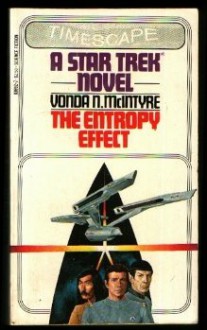
I still take the wide range of the cast as the best part of this.
If you take the "scientists car-jack a self-sustaining space base and go exploring" plot thing away. Because you can't say that isn't all-around BAMF and likely the main reason why one would land in this series. (Oddly enough, it was not my case, but the fact that it was listed in a Tor article about books with older women in a central part of the plot).
And that's a maybe... I still like the fact that is scientists, mostly older, and mostly women characters, that compose the cast on a freaking space heist. For science!
Anyway, that comes late in the book. Mostly, we build on the political climate and the personal motivations that lead to that situation, and if you want action packed and get bothered by very flawed characters the book will loose you before then. I felt like shaking most of the people inside those pages more than once, and enjoyed myself immensely.
I though there was a lot of unbelievable political naivete in the alien contact expert (wouldn't you have to be good at politics, social studies and what-not for that?) and some stereotyping is going on that makes the whole feel a bit pulpy. But it's good pulp and I'm still wavering between four and five stars.

 Log in with Facebook
Log in with Facebook 







